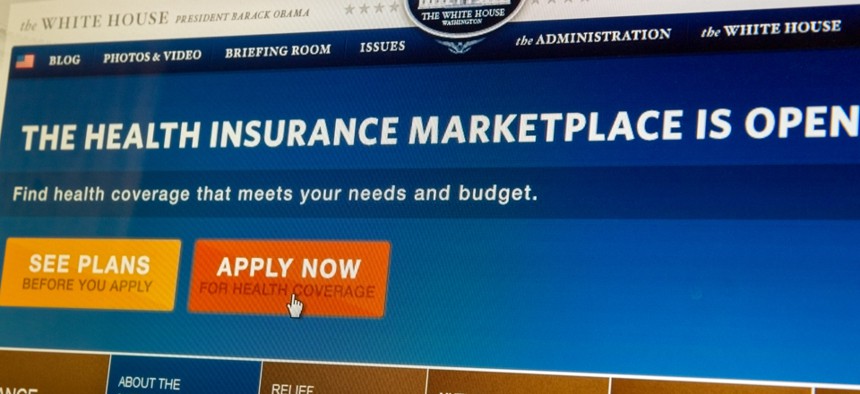As we approach the one-year anniversary of the federal exchange's disastrous launch, we're reminded of the Obamacare nightmares that weren't. A recent report shows that, nationwide, Obamacare premiums aren't skyrocketing as many predicted.
The Health Research Institute (HRI) at PricewaterhouseCoopers analyzed premium data for 27 states and the District of Columbia and found that, on average, premiums will rise by about 7.5 percent. That's "well below the double-digit increases many feared," HRI Managing Director Ceci Connolly told The Hill on Monday.
It's important to note that national and even state-wide averages are useless to the average consumer for a number of reasons. Florida is seeing an average 13 percent increase and Oregon is seeing an overall decrease in premiums. For consumers premiums vary on the local level, but as a premature political marker of the law's success, a modest national increase is not the crisis detractors predicted.
That's not to say that everything about the health care law has gone according to plan. The next potential PR crisis for the health care law is higher premiums from insurance auto-renewals. As Sam Baker at the National Journal explained, subsidies are based on a benchmark plan. If cheaper plans pop up in your neighborhood, subsidies will be based off of that plan, not your more expensive plan. That could cost consumers who don't know they should shop around before auto enrolling.
But while that's a real concern for Obamacare, it's not definitive proof that the law has failed and needs to be repealed, like skyrocketing premiums. We're still waiting on that.







